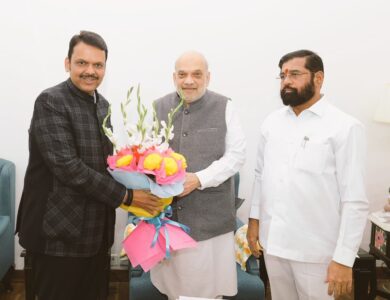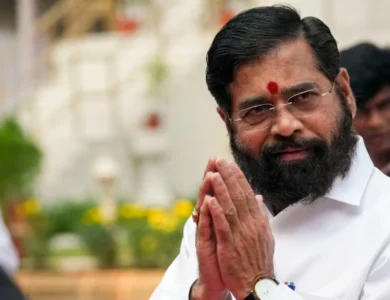Yatnal Urges PM Modi to Nationalize Waqf Properties, Cites Land Rights Concerns

Vijayapura: In a strong appeal to Prime Minister Narendra Modi, Basanagouda R. Patil Yatnal, Vijayapura MLA has called for the nationalisation of Waqf properties across India, citing concerns over property rights and alleged overreach by Waqf Boards.
In his letter dated October 20, 2024, Yatnal expressed grievances about what he perceives as inequitable practices enforced by Waqf Boards, arguing that the existing legal framework enables Waqf institutions to exert undue control over properties.
Yatnal claims this has led to the acquisition of lands owned by temples, mutts, farmers, and private citizens in Karnataka and beyond. He describes these actions as “unauthorised” and highlights the growing tension surrounding Waqf regulations, particularly in Karnataka, where he believes the Waqf Board’s influence is disproportionate and detrimental to local property rights.
The MLA contends that the Wakf Act, as it stands, provides unchecked powers to Waqf Boards, leading to what he views as “distress” for landowners and a departure from constitutional principles of equality. Yatnal urges that nationalising these properties would mitigate such issues, securing ownership rights for affected citizens and limiting the reach of Waqf Boards. He further criticises the ruling Congress government in Karnataka, accusing it of catering to minority communities by expanding Waqf Board authority in a way that, he argues, undermines democratic fairness.
One example Yatnal presents is the historic Virakta Mutt property in Sindhagi, which was donated by Queen Abbakka in the 12th century and has now allegedly been claimed by the Waqf Board. Yatnal denounces this acquisition as “illogical and arbitrary,” suggesting it exemplifies broader grievances.
According to Yatnal, the influence of Waqf Boards is considerable, positioning them among India’s largest landowners alongside the Defence and Railway Ministries. He emphasizes that, given this status, Waqf institutions should be subject to policies that uphold transparency and respect for India’s secular values. Yatnal believes that revising current policies governing Waqf properties is essential to ensuring equitable land management that respects both historical and religious legacies.
This appeal has sparked discussions across India on the broader implications for property rights, religious equity, and the balance between government and institutional authority in land governance.








